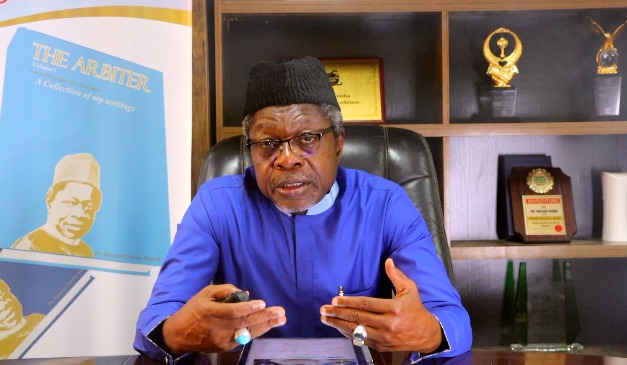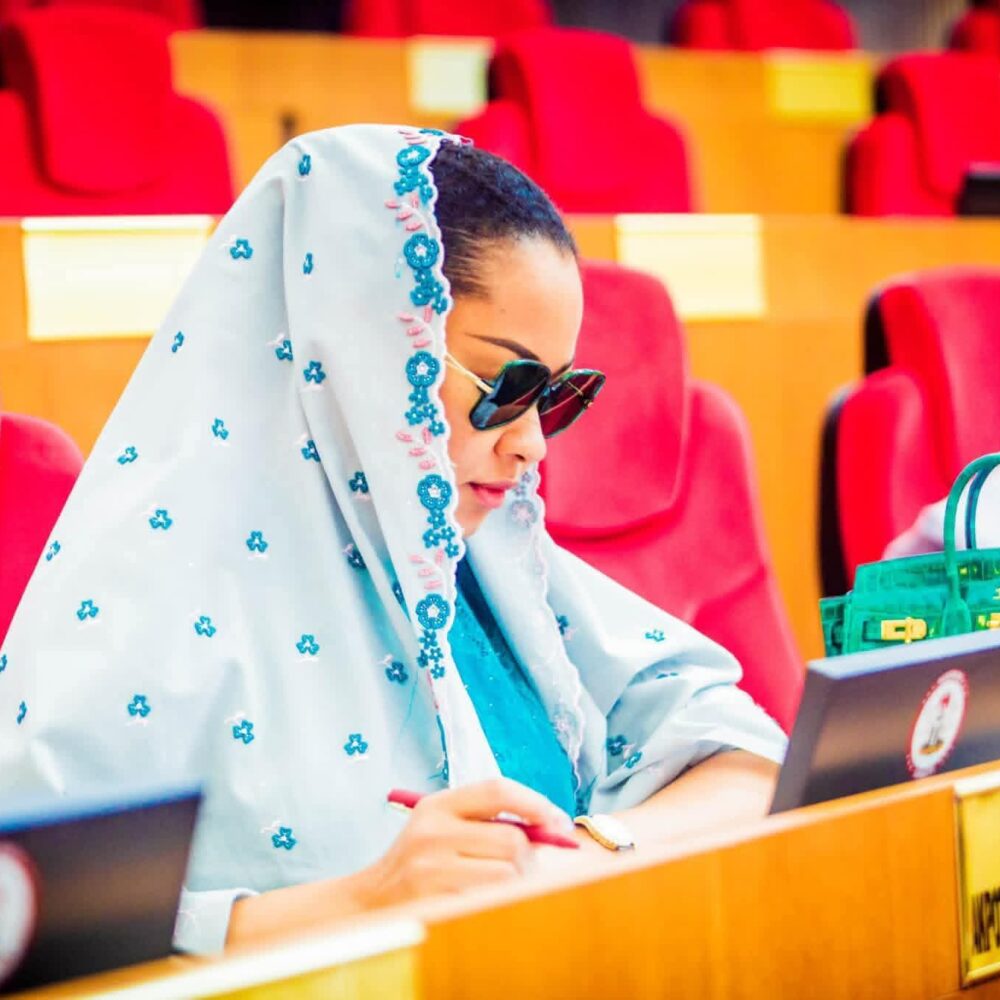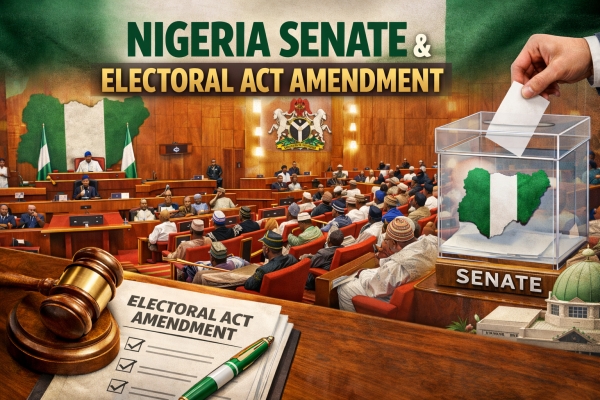There have been pressures on me from pro- and anti-Abdourahamane Tchiani elements to weigh in with my two-pence opinion, whatever that will avail. I deliberately said pro- or anti- because it was all about him. It is either you agree with his assertions or not.
Now, in a matter as pressing as this, there is always the fear that you will either be a little to the left or a little to the right. This is because there is a tendency for you to go straight to support it or to go against it with no equivocation; after all, the issue is as clear as day.
As I speak for none, I cannot afford to be politically correct or appease any sides. However, readers may want a recap of what made people take sides with Tchiani or why some fancy hurling missiles at him. It’s crucial to consider all perspectives to form a balanced view.
Abdourahamane Tchiani is a Nigerien Army brigadier general who became the country’s president on July 28, 2023, in a second attempt after an acclaimed revolution. Born in 1964, he is a Hausa man from the Tillaberi Region of the country.
Tchiani recently gave a Hausa interview to the country’s television station during which he accused Nigeria’s President Bola Ahmed Tinubu of conspiring with the French to set up a military and bandits base in northern Nigeria from where the conspirators could unleash terrorists on his country to destabilise it.
In the viral interview, he reeled out names and geographical locations of Nigerian towns, which underlines his strong knowledge of the country. He claimed that the Nigerian government and its top security officials are aware of the plan in which terrorists/bandits would be encouraged to establish a camp within Nigerian territory from where they would be targeting his country and its infrastructure, including oil pipelines and installations.
These accusations, if proven true, could have severe implications for the stability and security of the region.
The Nigerian government’s reaction was swift and came through the information minister, Alhaji Mohammed Idris Malagi, and the national security adviser, Malam Nuhu Ribadu.
Therefore, since I’m not the government’s spokesman, I cannot relate to the government’s views without knowing more about the matter. On the other hand, being a patriot, I cannot believe Tchiani’s allegations until after a diligent investigation. So, I will stand by my avowed perspective and remain the arbiter I diligently want to be known for.
My goal is to try to wade into this tug-of-war so that each party sees the truth rather than stand firm on a view that may or may not be correct.
Unfortunately, many Nigerians take the government’s official statements with a pinch of salt. The more the government denies a matter, the more they would want to believe it was trying a cover-up. The government must now embark on a massive project to repair its image that has taken a beating over the years. Nigerians should not consider this as peculiar to the government of the day. It also inherited it.
Despite spending only God knows how many billions in hard currency, and government assurances, the problem of insecurity has persisted in this country for about 15 years now, and we are still not out of the woods. We now seem to be held by the jugular by a hitherto localised insurgency, and the scourge of banditry spreading all over the North. The gravity of the situation is enormous, indeed.
Armed robbery used to strike fear in us, but it is now seen as a minor crime when placed on a scale with kidnapping for ransom and new age ritual murder now christened Yahoo Plus.
In all this, the government gives the impression of a clueless pilot standing at Akimbo and looking at a sixth-generation fighter jet he does not know how to operate. Of course, one cannot praise our security forces enough for their heroic roles in the face of inadequate workforce and resources.
The people of Niger Republic, rightly or wrongly, believe whatever their leaders tell them after seeing their fight against neo-colonialism. That is an enormous advantage for a leader whose people believe his government and, rightly or wrongly, presume he is doing everything in their best interest.
Such goodwill radiates from the country and affects neighbouring nations whose citizens think otherwise of their leaders.
Have we not seen how, at least, four other African governments and their leaders follow in his footsteps despite knowing his country has no money to give them?
For the government to reclaim the trust of its people, there is no better way than to secure their lives and properties. Their health, education and general welfare must be the government’s concern. Whatever the people fear, whatever makes them uncomfortable, the government must not insist on it, as this will fuel their fear and suspicion. The essence of governance is to cater for the people’s needs, and trust is the cornerstone of a transparent and accountable government, which empowers and engages its citizens.
Hassan Gimba, anipr,is the CEO/Publisher of Neptune Prime.




